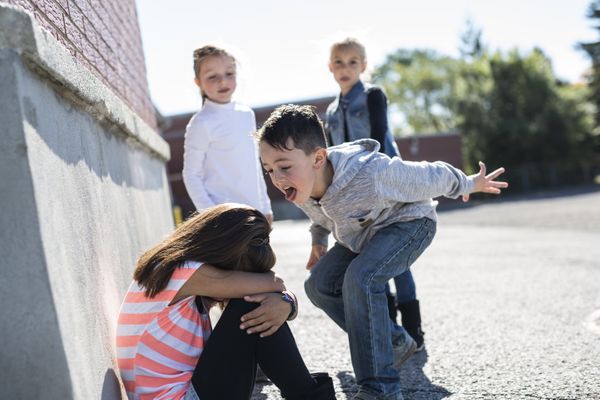1.2.3
Collective Nouns
Lexis - Collective Nouns
Lexis - Collective Nouns
You may remember from your study of English at GCSE that nouns are people, places or things. But there are many different types of nouns, which are called sub-classes.


Collective nouns
Collective nouns
- Collective nouns are nouns used to describe groups.
- For example, a flock of birds and a litter of kittens.


Collective nouns - examples
Collective nouns - examples
- An army of ants.
- A gaggle of geese.
- A swarm of bees.
- A litter of puppies.
- A pack of hounds.
Lexis - Misconceptions About Nouns
Lexis - Misconceptions About Nouns
It is not always clear which word in the sentence is the noun. Some words act as both nouns and verbs. Here are some examples:


Love
Love
- I love this book.
- Love here is NOT a noun – it is a verb.
- Book is the noun in this sentence.


Hate
Hate
- I hate her! I am full of hatred.
- Hate here is NOT a noun - it is a verb.
- Hatred is the nounal form of hate in this sentence.


Insult
Insult
- Don't insult me like that!
- Insult sometimes acts as a noun, but here, insult is acting as a verb.


Object
Object
- I object to you saying that.
- Object sometimes acts as a noun, But here, object is acting as a verb.
1Language Levels
1.1Assessment Objectives
1.2Lexis
1.2.1Introduction
1.2.2Common, Proper, Abstract & Concrete Nouns
1.2.3Collective Nouns
1.2.4Adjectives
1.2.5Main, Auxiliary & Copular Verbs
1.2.6Dynamic & Stative Verbs
1.2.7Transitive, Intransitive, Active & Passive Verbs
1.2.8Mood of Verbs
1.2.9Adverbs
1.2.10Personal, Possessive & Reflexive Pronouns
1.2.11Relative & Demonstrative Pronouns
1.2.12Determiners
1.2.13Conjunctions
1.2.14Synonyms, Antonyms & Phonological Features
1.2.15End of Topic Test - Lexis
1.3Grammar
1.4Semantics & Pragmatics
1.5Discourse Structure, Graphology & Orthography
2Language, The Individual & Society
2.1Children’s Language Development
2.2Children's Language Development - Theories
2.3Literacy Development: Reading
3Language Diversity & Change
3.1The Importance of Gendered Language
3.2Social Groups
3.3Occupational Groups
3.4Accents & Dialects
3.5Language Change
Jump to other topics
1Language Levels
1.1Assessment Objectives
1.2Lexis
1.2.1Introduction
1.2.2Common, Proper, Abstract & Concrete Nouns
1.2.3Collective Nouns
1.2.4Adjectives
1.2.5Main, Auxiliary & Copular Verbs
1.2.6Dynamic & Stative Verbs
1.2.7Transitive, Intransitive, Active & Passive Verbs
1.2.8Mood of Verbs
1.2.9Adverbs
1.2.10Personal, Possessive & Reflexive Pronouns
1.2.11Relative & Demonstrative Pronouns
1.2.12Determiners
1.2.13Conjunctions
1.2.14Synonyms, Antonyms & Phonological Features
1.2.15End of Topic Test - Lexis
1.3Grammar
1.4Semantics & Pragmatics
1.5Discourse Structure, Graphology & Orthography
2Language, The Individual & Society
2.1Children’s Language Development
2.2Children's Language Development - Theories
2.3Literacy Development: Reading
3Language Diversity & Change
3.1The Importance of Gendered Language
3.2Social Groups
3.3Occupational Groups
3.4Accents & Dialects
3.5Language Change
Unlock your full potential with Seneca Premium
Unlimited access to 10,000+ open-ended exam questions
Mini-mock exams based on your study history
Unlock 800+ premium courses & e-books